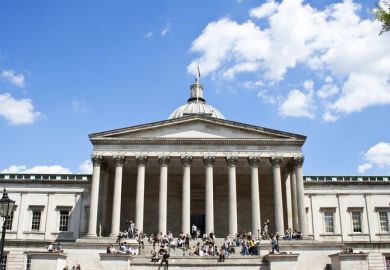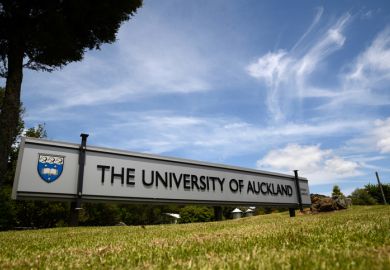Since the outbreak of Covid-19, universities globally have been trying to find solutions to the unique problems it raises. In the UK, the traditional September start of the academic year poses added worries for school leavers who have already been robbed of the chance to sit their terminal A-level exams. There are also concerns that the international students, vital for university finances, might not show up because of travel restrictions and problems sitting English tests. With so much uncertainty, there are rising calls for universities to commit to January starts.
Should universities thus take the decision now to delay the start of the academic year until January, when there will be far more likelihood that the crisis will be over, and less risk of a false dawn, if a fresh lockdown is required because of a second spike this autumn? Is there even a case for delaying the start of the academic year permanently to January?
After all, there is nothing written in stone about the university year starting in September. The financial year starts in April, the Islamic year from August to October, while the Georgian calendar year starts in January.
The academic year begins in September only because of the Education Act of 1880, which decreed that all children aged between five and 10 years old had to attend school. September was chosen because the harvest had been mostly collected by then. As Paula Kitching, a fellow of the Historical Association has written: “Through the winter months there was less to do, so children being absent for part of the day for school was acceptable”. Universities fell into the same pattern, beginning their new academic year in September.
Reorienting the entire academic year to January though is never going to happen, any more than shifting to driving on the left hand side of the road, despite some good arguments for it, including it suiting some mature students and foreign students better, because it fits in with academic timetables overseas. But the upheaval would outweigh many times over any benefits.
Nor do I foresee universities moving en masse to January as a one-off change for this year only. The financial cost of the delay would risk pushing many universities over the edge. It would be very hard for students to catch up in the two and a half years remaining till the summer of 2023, unless universities were to fundamentally re-engineer their term length.
Most significantly of all, it would be profoundly damaging for the education of the students themselves.The hasty decision to announce the outright cancellation of A levels means that students will arrive at university for their first year without any written work for six months from March to September. At the point when they were told about the cancellation, they were just completing their two-year programme of sixth form study and were moving into revision. It is only when students revise subjects that the deep learning, understanding and connections are made. Up to half of the value of an A-level course takes place in the final two months of revision and sitting the exams. If students are to have no academic study until January, the prolonged absence from any kind of learning will have a damaging effect.
A January start would also unfairly handicap disadvantaged students, who find the transition hard enough as it is. Universities would, of course, provide pre-study reading lists, but often only the most conscientious students read these in depth.
Mary Curnock Cook, former head of Ucas, made the point that: “For some students, an enforced mini gap year is unaffordable, and in a post-corona economy many might be unable to find work or accommodation to fill the gap before a January start.”
For these reasons, holding to a September (or at the latest, October) start for all is the only sensible option, and everything should be done to encourage home and international students to understand that.
If it is not safe for them to be physically present from September/October, or if social distancing again has to be reinforced for a period, then they need to be told that high-quality teaching and learning will take place online.
Assurances will be required that pastoral care will be provided, because the mental health implications of the lockdown are not yet fully understood. But the impact on mental health is likely to be an extensive additional irritant to an already worrying picture of student and staff mental health.
A January start nevertheless has much to commend, albeit as a niche offer. The University of Buckingham is still one of only a small number of universities that offer the option, combined with two-year intensive degrees. Some students find that they benefit from a mini gap year from the end of their A levels until the new year, and it gives them the opportunity to work, travel and refresh before beginning their new programme of academic study.
The pandemic will change universities in many ways, and a greater number offering January starts may well be one of them.
Anthony Seldon is vice-chancellor of the University of Buckingham.
Register to continue
Why register?
- Registration is free and only takes a moment
- Once registered, you can read 3 articles a month
- Sign up for our newsletter
Subscribe
Or subscribe for unlimited access to:
- Unlimited access to news, views, insights & reviews
- Digital editions
- Digital access to THE’s university and college rankings analysis
Already registered or a current subscriber? Login








